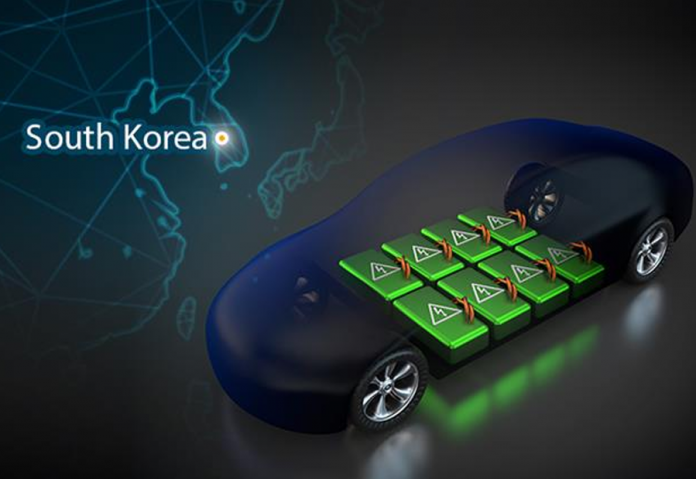The electric vehicle factory will become the company’s first automobile plant to open in the country in almost three decades
On Tuesday, Hyundai Motor Co. said it would build a dedicated electric vehicle (EV) factory in South Korea.
The electric vehicle factory will become the company’s first automobile plant to open in the country in almost three decades.
Production is due to begin by 2025, the company’s union said in a statement, relaying a pledge that the company had made in wage negotiations.
The company gave no further details in its statement.
Hyundai Motor Group, which houses Hyundai Motor and Kia Corp, in May, said it would invest 63 trillion won ($48.1 billion) in South Korea through to 2025.
For the first time in four years, Hyundai Motor’s unionised workers in South Korea voted this month for a possible strike over demands for higher wages. They were also angry at the management prioritising investment outside the country.
South korea’s largest automaker – Hyundai Motor last opened an automobile factory in the country in 1996.
But it said in May it would invest $5.5 billion to build full electric vehicle and battery manufacturing facilities in Georgia.
According to the company the electric vehicle factory in Georgia is scheduled to break ground in early 2023 and begin commercial production in the first half of 2025.
“Sales of internal-combustion-engine vehicles are scheduled to be banned in certain markets so the new electric vehicle factory is vital to Hyundai Motor’s survival,” said Chang Moon-su, an analyst at Hyundai Motor Securities, a subsidiary of the automaker.
Shares of Hyundai Motor were flat in midday trade, while benchmark KOSPI was down 1.1 per cent.
Also read: How can Hyper Automation replace manual work in the Financial Industry?
Do Follow: CIO News LinkedIn Account | CIO News Facebook | CIO News Youtube | CIO News Twitter
About us:
CIO News, a proprietary of Mercadeo, produces award-winning content and resources for IT leaders across any industry through print articles and recorded video interviews on topics in the technology sector such as Digital Transformation, Artificial Intelligence (AI), Machine Learning (ML), Cloud, Robotics, Cyber-security, Data, Analytics, SOC, SASE, among other technology topics






